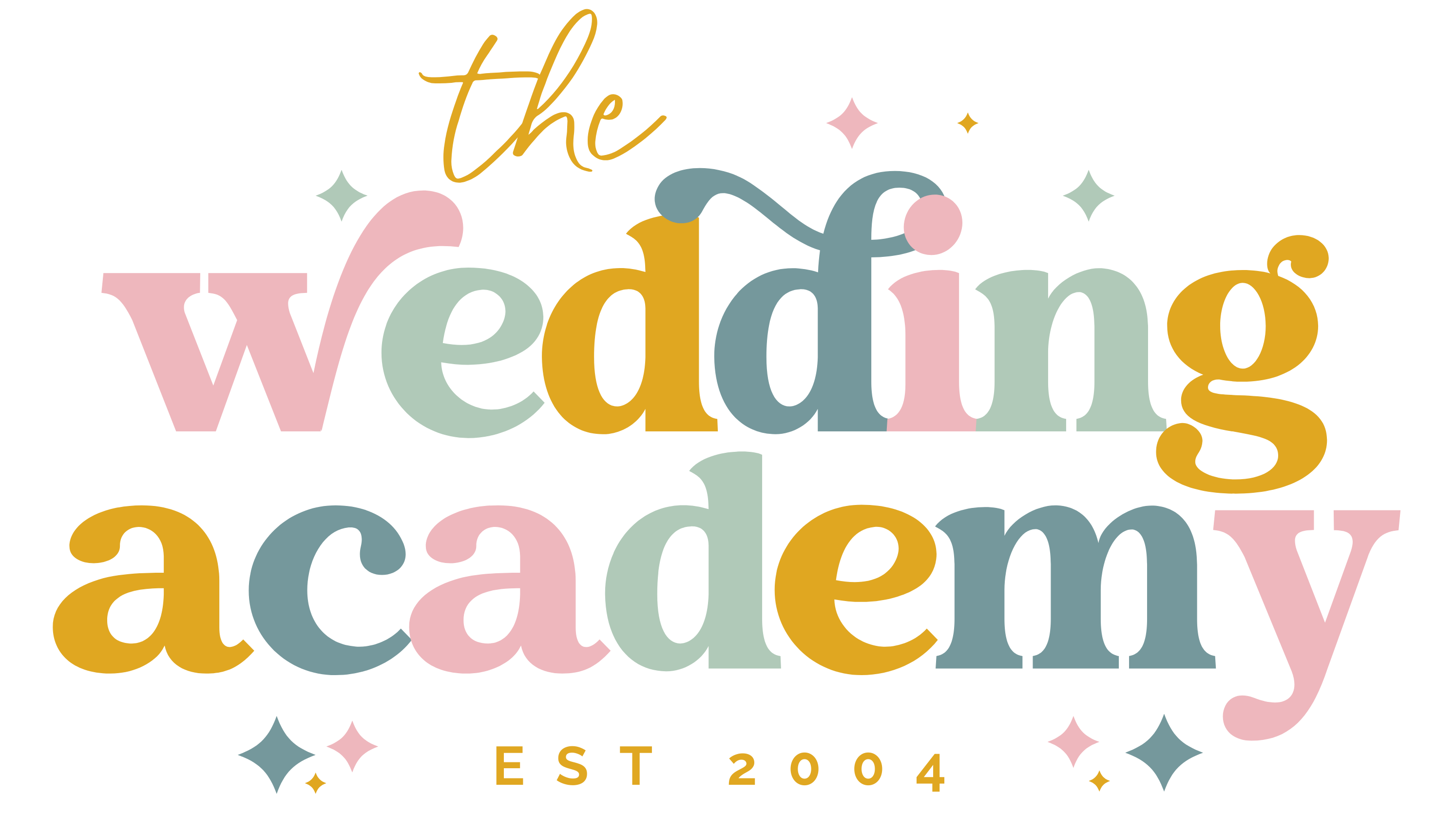Last night’s #WedBizHour Twitter chat got down to the nitty gritty of running a business in the industry as talked about tax and understanding the implications of turning your hobby into a business. Primarily much of the advice was geared towards those in the UK with information about VAT and National Insurance contributions being part of the conversation. However, the standard rules of accounting certainly apply to businesses in any country.
The danger of running a business from home, which is what many in the wedding industry start out doing, is that we don’t take our business seriously. We think of it as a hobby rather than a business because we are still holding down a day job. The thing many forget is that as soon as you start earning money at local fairs, car boot sales, or online this counts as ‘a profit seeking motive’. This means you need to account for this within your taxes. You must maintain proper records logging on a monthly basis all your business income and expenses.
There can be great advantages in officially registering your business with the HMRC even if you are losing money. If you make a loss in your first year of business you can offset your business loss against the tax banding of your salary. You can also count a proportion of your rent or mortgage, council tax & utility bills as a legitimate business expense.
The easiest way to think about tax is to consider the company & you as the owner (& employee) as two separate entities. Limited company taxes are different to taxes on your own salary, whereas for most sole traders the two are one & the same. As a limited company you will probably be drawing earnings in two ways, as a salary & also as dividends.
Limited companies are responsible for paying PAYE income tax & National Insurance contributions every quarter. Corporation tax, the tax that all limited companies are required to pay on profits, must be paid nine months and one day after the end of your financial year.
Another consideration is VAT. If you’re revenue is over £79,000 a year then you must register for VAT. If its below then you can voluntarily register. If your business is VAT registered, you may be able to claim back VAT on articles you buy for business use.
A great resource for tax implications is www.taxdonut.co.uk
There was some great advice given in #WedBizHour on this subject and to look over the transcript from the chat to go back over all the tweets click here…
Next week’s topic is on Video Marketing, so make sure you join us using the hashtag #WedBizHour between 8-9pm GMT.






















